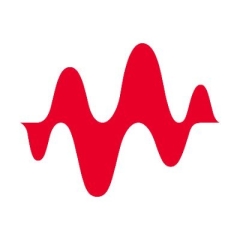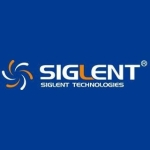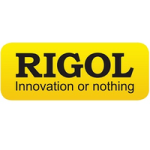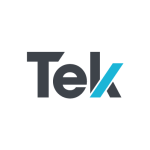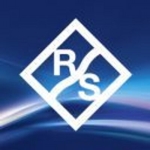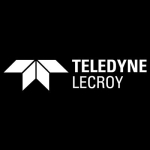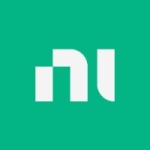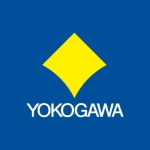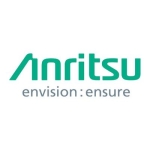What is our primary use case?
We use this for testing our product and also for doing major maintenance, simulation correlation.
For example, we design a test for what we call our channel test vehicle. We have a simulation result according to our structure, such as a BGA footprint. Then we use the channel test vehicle, and test with Keysight VNA so we can compare the result with our simulation.
For us, the solution is targeting high-speed serial, like I/O ports, things like a 25-gigabit per second signaling array. We use it for a lot of I/O components and connector cable qualification. We utilize the full bandwidth.
What is most valuable?
It's very convenient because once we set up everything, we just queue our test plan and then are able to do whatever we want: embed with the key size and the PLOTS auto fix removal. And it has a good calibration kit. It's very convenient to use.
The user interface is very good, very graphical. It provides a lot of help in using and operating it.
What needs improvement?
I wish they would improve the Embed function in the current product because, as the frequencies go up, we see a lot of diversity because of effects in the test feature. So I hope they will provide better technology to solve the test feature diversity which affects our test results. We don't want the test feature effect in our measurements.
Also, every component has a manufacturing tolerance. I hope Keysight software can help with the tolerance loss in manufacturing variance, which can be ten percent or five percent. In the real world, we cannot fire a really perfect test with very smooth impedance. I would like to see Keysight provide a solution to solve the issue of loss of manufacturing variance.
Regarding the solution being field-upgradable, it is, but I think we need something beyond that. We need to expand to 60 or 70 gigahertz or even higher, perhaps up to 100 gigahertz.
For how long have I used the solution?
More than five years.
Buyer's Guide
Keysight Oscilloscopes
January 2026
Learn what your peers think about Keysight Oscilloscopes. Get advice and tips from experienced pros sharing their opinions. Updated: January 2026.
880,490 professionals have used our research since 2012.
How are customer service and support?
They have very good technical support. Their local sales representative usually comes to our office and does demos. If we have any technical issues they will either be onsite or solve our question over the internet.
Which solution did I use previously and why did I switch?
We went with this solution because with our high speed, and the rates going up, we definitely need more high-speed equipment and that goes with this equipment. This is a very high, cutting-edge area. For our industry, we have a cutting-edge signaling array. We want to have the most advanced equipment and Keysight is a well-known name in the industry.
We did a trial and learned its capabilities, what the frequency goes to, and the calibration procedure to make sure the measurements are good at such high frequency.
How was the initial setup?
In terms of a learning curve for the product, I'm very familiar with this product because I have used it for a long time. I know how to operate it. The only learning for me is every time there is a new software release, like auto fix removal, if there is any new functionality, I need to familiarize myself with that, but that's all. It generally takes just a couple of days to figure it out.
What's my experience with pricing, setup cost, and licensing?
It's very expensive because this type of equipment is not so common. For a company buying it, this is a big investment.
What other advice do I have?
Review case studies from the manufacturers' data sheets and compare their price and their performance. In the high-speed area there are a lot of data that need to be considered, such as your dynamic range for the equipment and the noise level. We need very high accuracy, so it's better to compare before buying from any supplier.
I have been using this product for at least ten years. Already in my third year of my PhD I was using Keysight, although I don't think it was called Keysight at the time. In terms of the model I'm using currently, I don't remember the type and specific model number but I know it's a 50 gigahertz VNA, from 300 kilohertz to 50 gigahertz.
I would rate this product at eight out of ten because the equipment is very expensive, it's very high-end. But it is very accurate equipment. Keysight is a leader in this area.
Disclosure: My company does not have a business relationship with this vendor other than being a customer.

